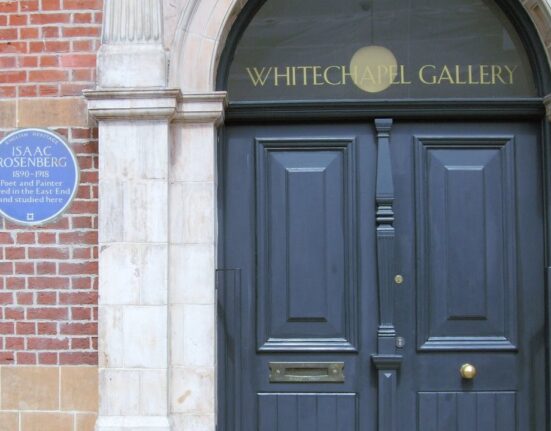WHEN it comes to investing, diversification is an important pillar. It’s all about investing in a range of assets and not keeping all your eggs in one basket. But have you ever considered putting your money into art?
Art is a ‘collectible’ – meaning it’s simply an asset that people collect. It can be either physical assets like paintings and sculptures or digital artwork in the form of NFTs (non-fungible tokens).
The question is – can you make money from owning art? Well, there’s certainly a case for it.
The wealthy have been in a long love affair with art. According to The Wealth Report 2022, art was a top investment performer among ultra-high net worth individuals (UNHWs)1.
The report revealed that UHNWs weren’t only investing in art because they were just passionate, they were also making good profits from it.
Last year, the top item purchased was an Andy Warhol painting named Shot Sage Blue Marilyn which sold for a whopping $195 million in a Christie’s auction.
Meanwhile, the Knight Frank Luxury Investment Index, which tracks the value of a theoretical basket of assets like art, classic cars, and wine, increased by 16% last year – beating global inflation.
But art is not just reserved for the ultra-wealthy. These days – anyone can invest in art – yes – even the expensive ones. Some trading platforms allow you to buy and sell shares in famous artworks. From as little as $20 you can invest in a Basquiat or a Banksy.
However, investing in art doesn’t produce any income or earnings. It’s illiquid so the money you get back when you sell is based solely on supply and demand. It’s also affected by the state of the economic environment and if a particular work or artist is either in or out of fashion2.
If you’re an art lover – this may not phase you. You may be well versed with the art world and work with specialist art valuers. If you’re less confident, it could be risky territory.
And it’s especially true when you consider that the art world lacks regulation (excluding specialist art insurance). The UK art market is currently rated by the Treasury as ‘high risk’ for money laundering, so it’s best to tread with caution.
For the average person, investing in the stock market may feel more comfortable and most importantly – safer.
A stocks and shares ISA from a firm regulated by the Financial Conduct Authority offers protection of up to £85,000. The tax benefits are also a bonus.
Of course, you want your money to work hard for you and to grow over the long-term to help you meet your goals, but investing should also be fun.
Art may well have a small place in your portfolio. It may not be a Van Gogh – maybe it’s a local artist. And unlike traditional assets, it can add some real colour to your home and make for some juicy conversation for when family and friends come over.
Still though – it’d be nice to have a Keith Haring hanging in the living room.
Source







